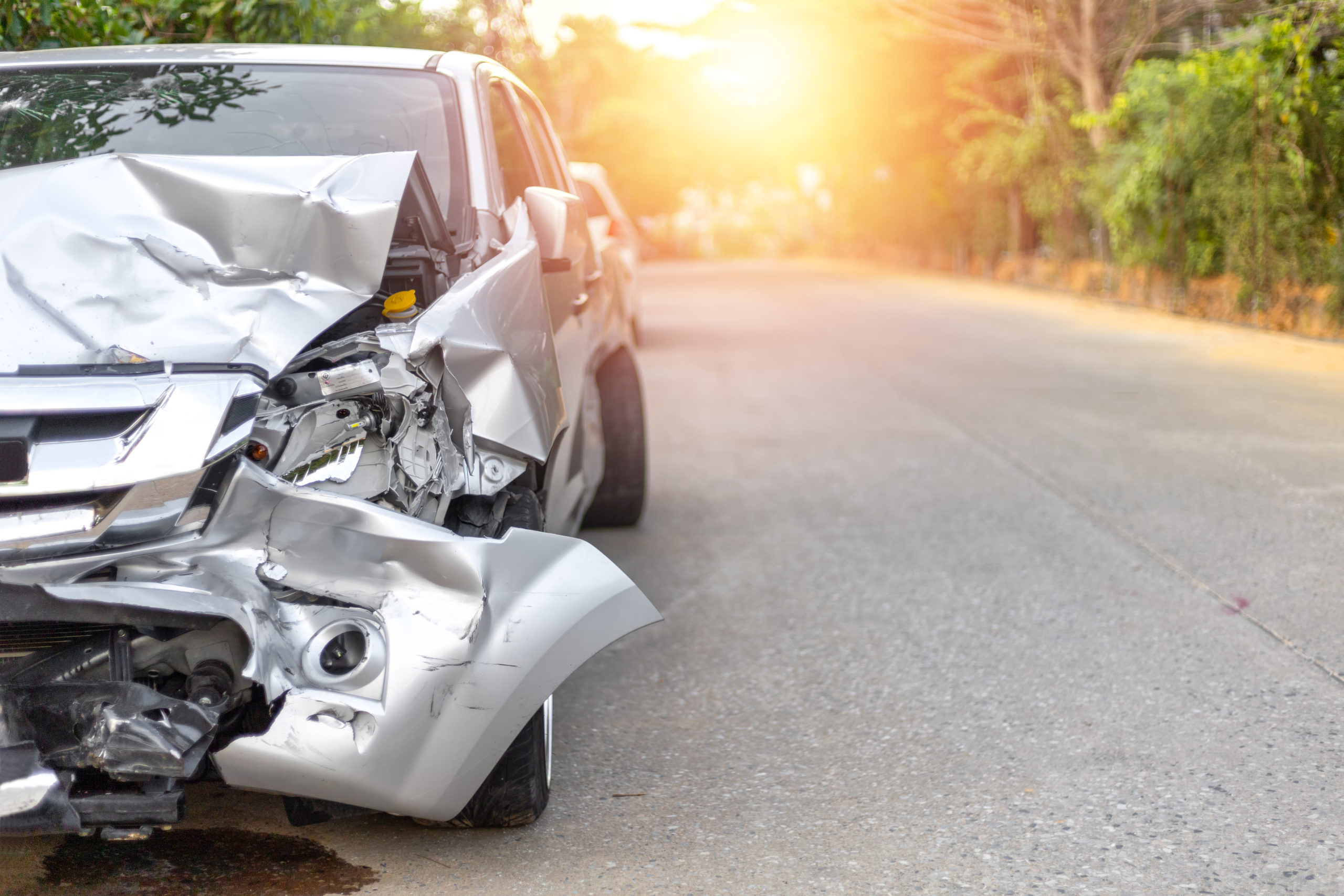A few months back, we discussed some new legislation that would aim to reduce the amount of drunk driving deaths across the country. This concept incorporated a bit of tech and proved to be an interesting idea. The hope was that car manufacturers would begin implementing screening systems that would prevent people from starting their vehicles if too much alcohol was detected in their system. Well, in the time since we published our first story several new developments have occurred; including an onslaught of public support to make this initiative happen.
Yahoo Finance has published the latest findings, which include a recent Ipsos poll that was conducted on behalf of Mothers Against Drunk Driving (commonly known as “MADD“). Surveying over 1,000 people across the U.S. ages 18 and up, the results showed that 9 out of 10 Americans would support drunk driving technology within their personal cars. 89 percent, in fact, claimed that they thought “it was a good idea.”
The feedback told researchers that the general population wanted this type of tech (which would include modern breathalyzer sensors) t0 be standard in all new passenger vehicles. And beyond that, 3 out of every 4 people surveyed backed Congressional action to make this mandatory for car makers.
MADD reps went on to emphasize that data gathered from The Insurance Institute for Highway Safety showed that this type of tech could save as many as 9,400 lives each year. Organization president Alex Otte spoke to Yahoo about the encouraging survey results.
“Drunk driving is the biggest killer on our roadways, which is why MADD is calling for a technological vaccine,” Otte explained. “The American public gets it, and now it’s time for our national leaders and the auto industry to use 21st century solutions to finally solve a century-old public safety crisis.”
And he want to emphasize that this technology could benefit drivers in many other ways. Sensors like these could also detect drowsy driving, distracted driving and medical emergencies, with vehicle safety systems in place to have cars pull over and park.
Based on these results, several politicians are continuing to push this legislation forward. Michigan Congresswoman Debbie Dingell has pledged to advance the cause with a bill called the Honoring Abbas Family Legacy to Terminate Drunk Driving Act (also known as HALT). This was named for three children in the Abbas family who were killed by an inebriated motorist back in 2019. Another similar initiative known as the RIDE Act (Reduce Impaired Driving for Everyone) also made it to the Senate floor late last year.
We certainly support these movements too and hope these new technologies can truly make a difference.







